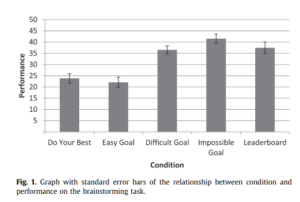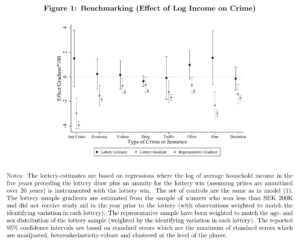I recently read this article. Not sure how i found it. Perhaps when doing some research on super-high IQ people (e.g. Christopher Langan who is mentioned in the article). While it is generally interesting to read about weird people and eccentrics, some of the things were relevant to me personally:
Forty-three years old, twice divorced, the mother of two–a twenty-year-old daughter and an eight-year-old son–Gina recently received her Ph.D. in clinical neuropsychology from Wayne State University in Detroit, having completed her bachelor’s, master’s, and doctoral programs in just under five years. She earned a great number of her undergraduate credits through something called the College Level Examination Program. She’d pick a test that seemed doable–marketing, management, literature, computer science, biology–get one basic textbook on the subject, study it, take the exam. She averaged about two tests a month. She scored in the high 90’s on all the exams except biology, which she still managed to pass.
I cud definitely do this without trouble. Perhaps not two a month, that sounds boring. But one a month seems clearly doable.
“It’s easy, when you’re interested in lots of things, to get sidetracked. You start studying one thing, and that leads to the next thing, which is also interesting. Before you know it, months have gone by and you’re very far afield. I enjoy the sharp upward learning curve associated with new knowledge, but, frankly, I often become bored with the tedious plateau associated with expertise.“
This very much describes me. I think that studying a field is generally a diminishing returns situation. This means that the more one studies a given field, the less one gets out of it. The reason for this is that generally, getting the broad picture is more important for decision making and understanding. Knowing about every single experiment done in a field is not much more useful to understanding the world than it is to studying some new field where one lacks understandingly more or less completely. Altho, i must admit that i am too curious to study like this in practice.
There is also another reason why it is a diminishing returns situation. Cutting edge science often turns out to be faulty, while the broad picture that one gets is not nearly as likely to turn out to be wrong. So, if the goal is to gather true information about how the world works, even if it is not very useful, it is better to avoid cutting edge science and focus on well-established stuff.
Ofc, when an individual must decide what to do, there are also other goals that matter, such as actually getting a job at some future point. This probably means getting a degree. Too bad becus following the rigid university system is very ineffective for learning. For many there will also be a goal about actually contributing to a field. One does not contribute much by just reading the mainstream material in each field. Generally, if it is a scientific field, one has to do some experiments or data analysis.
Ofc, there are other ways to contribute, like synthesizing great amounts of information into even larger ‘pictures’, or just presenting research in a more reader-friendly way. This is something like what i do. :)
–
I also wanted to share this post for some time. http://infoproc.blogspot.dk/2012/05/jensen-on-g-and-genius.html. Unfortunately, the article that Jensen mentions cannot be found online AFAIK. I have tried a couple of times.
–
There are also a few chapters in this book about geniuses.


The questions seem quite easy, to be honest. http://www.testprepreview.com/clep_practice.htm